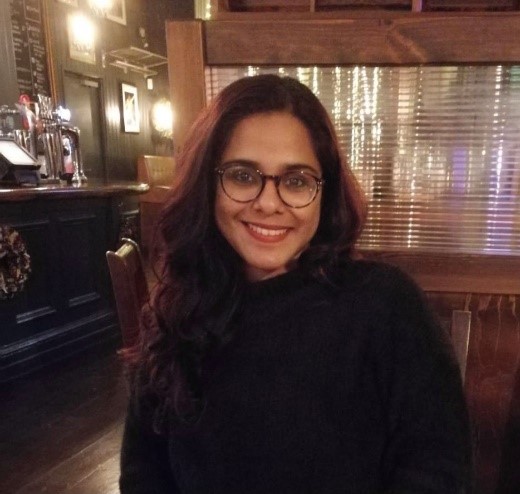
Lakshmipriya was born and raised in Perak, Malaysia and currently lives in London. Previously a Human Capital Consultant, she has worked in Malaysia and Dubai. She recently completed her PhD in Cognitive and Organizational Psychology in the UK. She has co-authored a book on talent management and is currently working on a paper that investigates the influence of sex differences when perceiving people. When not absorbed in academic research, Lakshmipriya enjoys Netflixing and cooking.
People Paradox: We are all the same, yet different
By Lakshmipriya
At the basics, human beings are really quite the same and yet “different”. We all need air, water, food, shelter, and sleep to survive. Anatomically, biologically and genetically we are virtually carbon copies of each other. Yet there are things that set us apart from each other. Things that differentiate us such as cultures, beliefs, opinions and traits.
Either we have acquired these differences growing up, with our familial associations, where we stayed and with whom we interacted. Then there are the physical differences, stuff like height, bone structures, skin colour. When we meet someone for the first time, we can’t help but notice these “differences”.
They don’t just catch our eyes; they also help us perceive and form our split-second impressions with respect to others.
This paradox is a rather tricky one. When does one feel the sense of similarity or dissimilarity?
Often people are quick to feel the sense of similarity or dissimilarity when convenient. Selective groupism?
It’s only natural human tendency to be a part of a group, knowingly or unknowingly. For example, when people ask me about my identity, I often find myself responding with either Malaysian or Malaysian Indian. The interchangeability of my response is not done consciously; rather it’s based on the circumstances.
Am I a hypocrite who selectively tells people different things about myself? The answer is yes and no. No, I am not a hypocrite. But yes, I do think it is my personal right to judge and decide how I want to tell someone about myself, mostly depending on the context – as well as the time and place. Both Malaysian and Malaysian Indian are my identities – one being more specific than the other. Sometimes I’d go even further with specificity by saying that I am Malaysian Tamil.
We often try to fit in to society and identify ourselves based on our similarities and differences. Understanding and embracing this paradox is merely a game. Yes, you can be good at it. As the old adage goes: every coin has two sides.
Some may argue that groupism carries a negative connotation – the core reason for rejecting unity. On the other hand, others may swear that it is the foundation of our very survival.
Just imagine the journey undertaken by a flock of red knots as part of their migration process. They fly for thousands of miles every year, from the Arctic to the southern tip of South America – and back again. Travelling this long and arduous distance is only made possible because they are in a group.
The truth is that we, humans, need company. We often search for the familiar, the similar. It is easier, requires less adjustments. Perhaps saints are stronger, they tend to leave behind all that is familiar.
The views expressed here are that of the writer’s and not necessarily that of Weekly Echo’s.